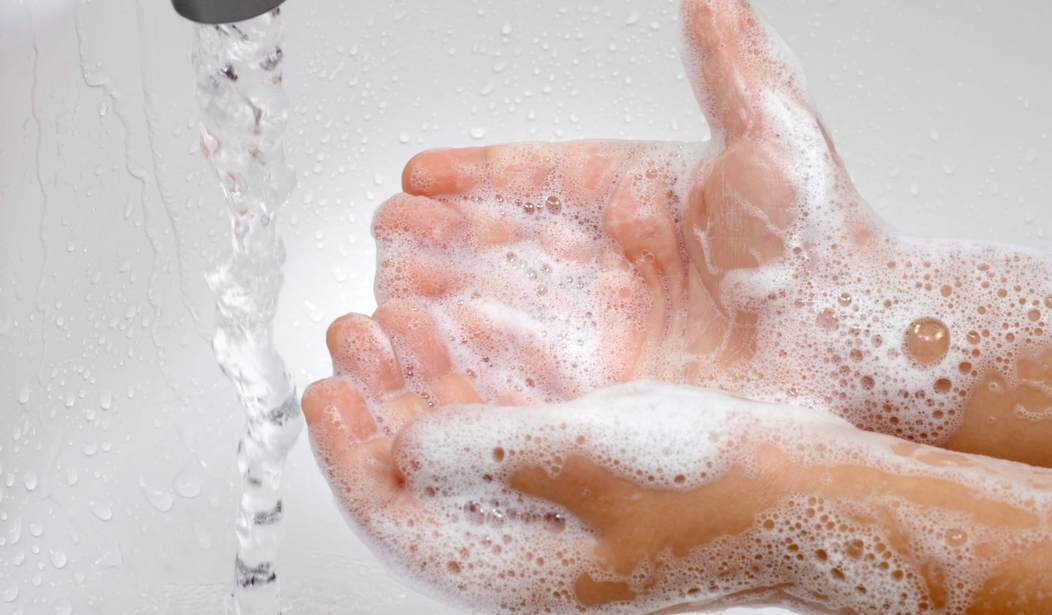The U.S. Food and Drug Administration issued new rules on Friday banning the marketing of soaps with certain common antibacterial ingredients. The rule covers 19 specific ingredients, including triclosan and triclocarban, the active ingredients in most consumer soaps that are used with water and rinsed off.
According to the FDA, manufacturers were not able to demonstrate that the ingredients were safe for long-term daily use, nor were they able to show that the antibacterial soaps were any more effective than soap and water in preventing illness or spreading infections.
“Consumers may think antibacterial washes are more effective at preventing the spread of germs, but we have no scientific evidence that they are any better than plain soap and water,” said Janet Woodcock, M.D., director of the FDA’s Center for Drug Evaluation and Research (CDER). “In fact, some data suggests that antibacterial ingredients may do more harm than good over the long-term.”
The FDA first began looking into the issue in 2013 after some data suggested that antibacterial soaps could pose health risks such as bacterial resistance or hormonal effects. Some manufacturers began phasing out antibacterial ingredients at that time. They now have one year to fully comply with the new regulations.
According to the FDA, “Washing with plain soap and running water remains one of the most important steps consumers can take to avoid getting sick and to prevent spreading germs to others.” If soap and water are not available, they recommend using a 60 percent alcohol hand sanitizer instead—at least for now. The FDA is also in the process of reviewing whether hand sanitizers and products used in hospitals are effective.










Join the conversation as a VIP Member